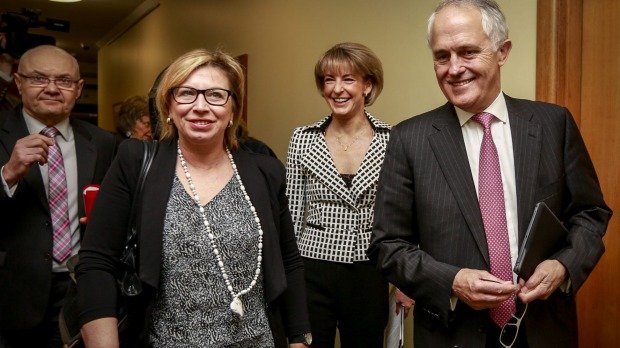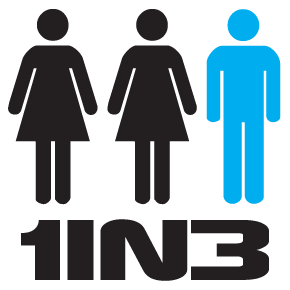PM misquotes bad research stigmatising boys and young men

During the announcement last week of the $100M Women’s Safety Package, our new PM made the following claim:
There's been research done which Michaelia Cash can talk about further, which shows that, for example, one in four young men think it's OK to slap a girlfriend when you've been drinking.
The actual research put forward the following scenario and asked young people aged 14 to 24 whether they thought it was a serious issue:
A guy is as gentle as a lamb, it is just every now and again when he gets drunk he and his girlfriend fight and sometimes he slaps her lightly.
76% of young people (both boys and girls) said they thought this was a serious issue (88% of their parents did too).
The problems with the PM’s claim are as follows:
It was one in four young people (not just young men) who thought this (a gender breakdown wasn’t provided)
The research used the phrase "slaps her lightly", not "slaps", and in the context of a "fight" (in which it is possible that his girlfriend also slapped him)
It is quite conceivable that many young people (especially those in the younger age groups who probably "fight" with their siblings from time to time) thought that slapping someone lightly wasn’t serious whereas slapping hard or hitting would be serious
Just because they didn’t indicate that they thought it was serious, doesn’t mean they thought it was “OK”.
The research was appallingly designed, using leading questions to get the result the researchers wanted. Add to that the usual misquoting by the powers that be and, voilà!, we have "evidence" that without re-education, little boys are destined to become perpetrators of domestic violence.
We need to have zero tolerance for all violence and abuse, no matter how "slight". Stigmatising boys and young men by misquoting bad research doesn't help to reduce violence.
